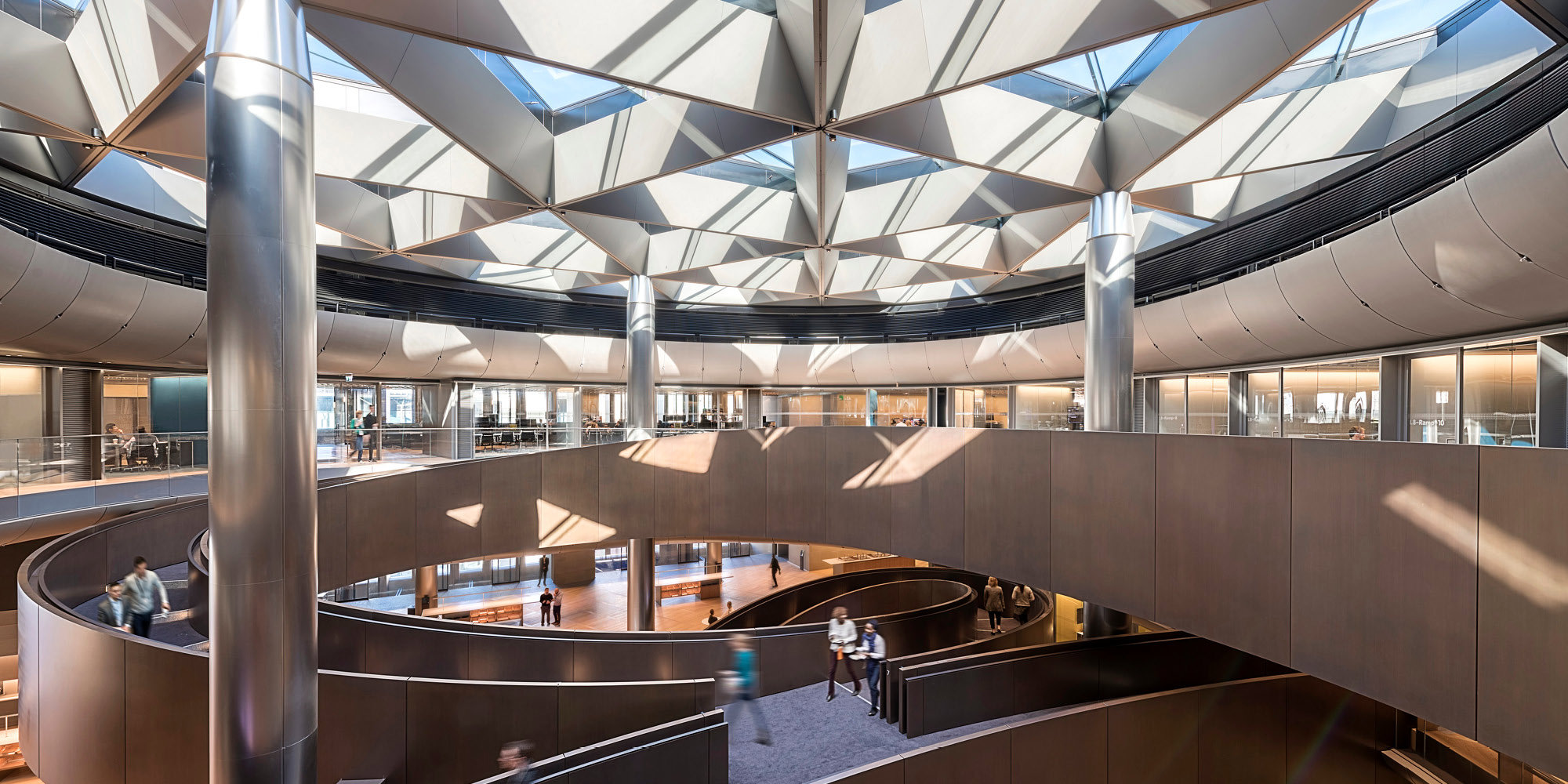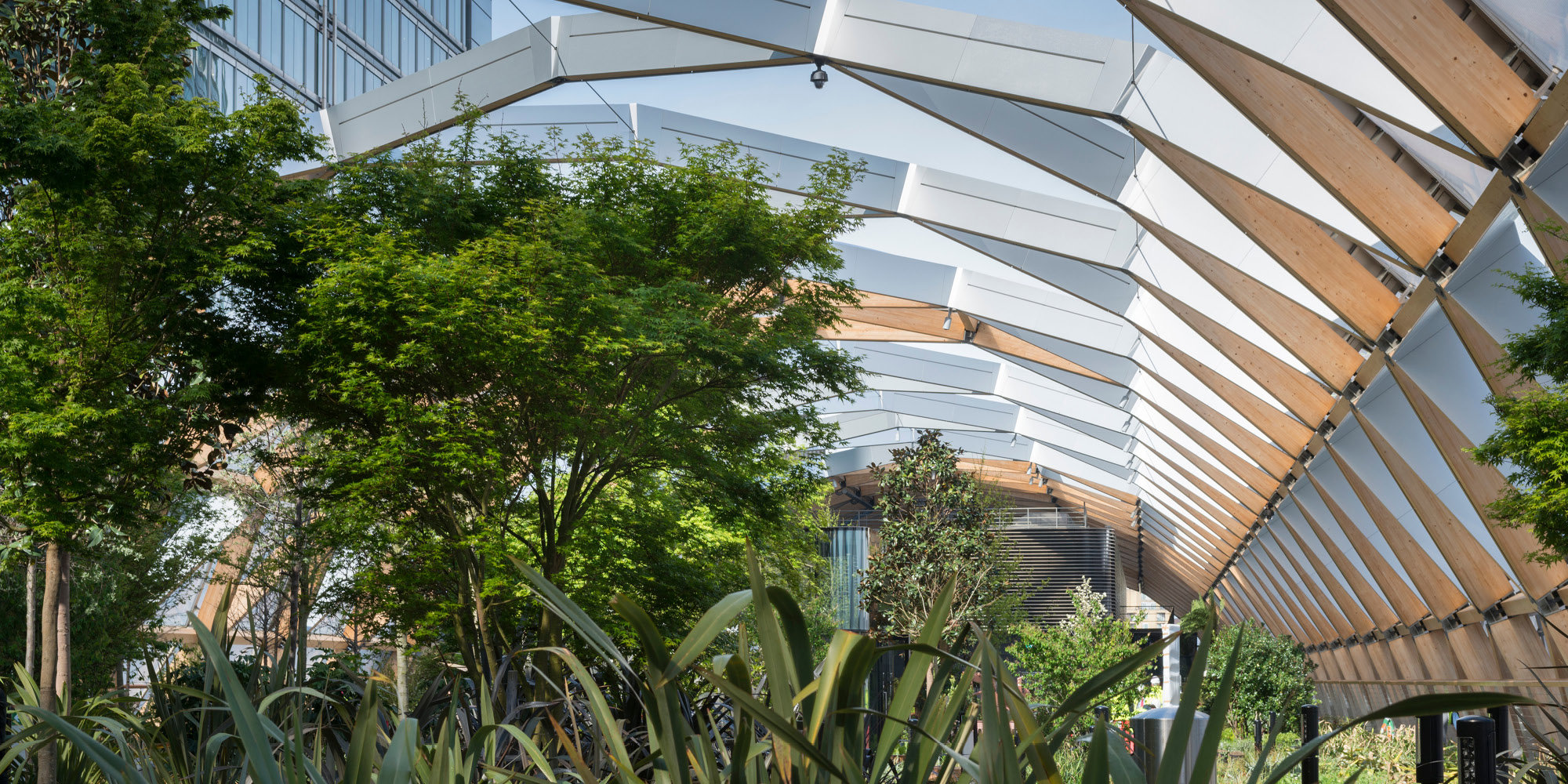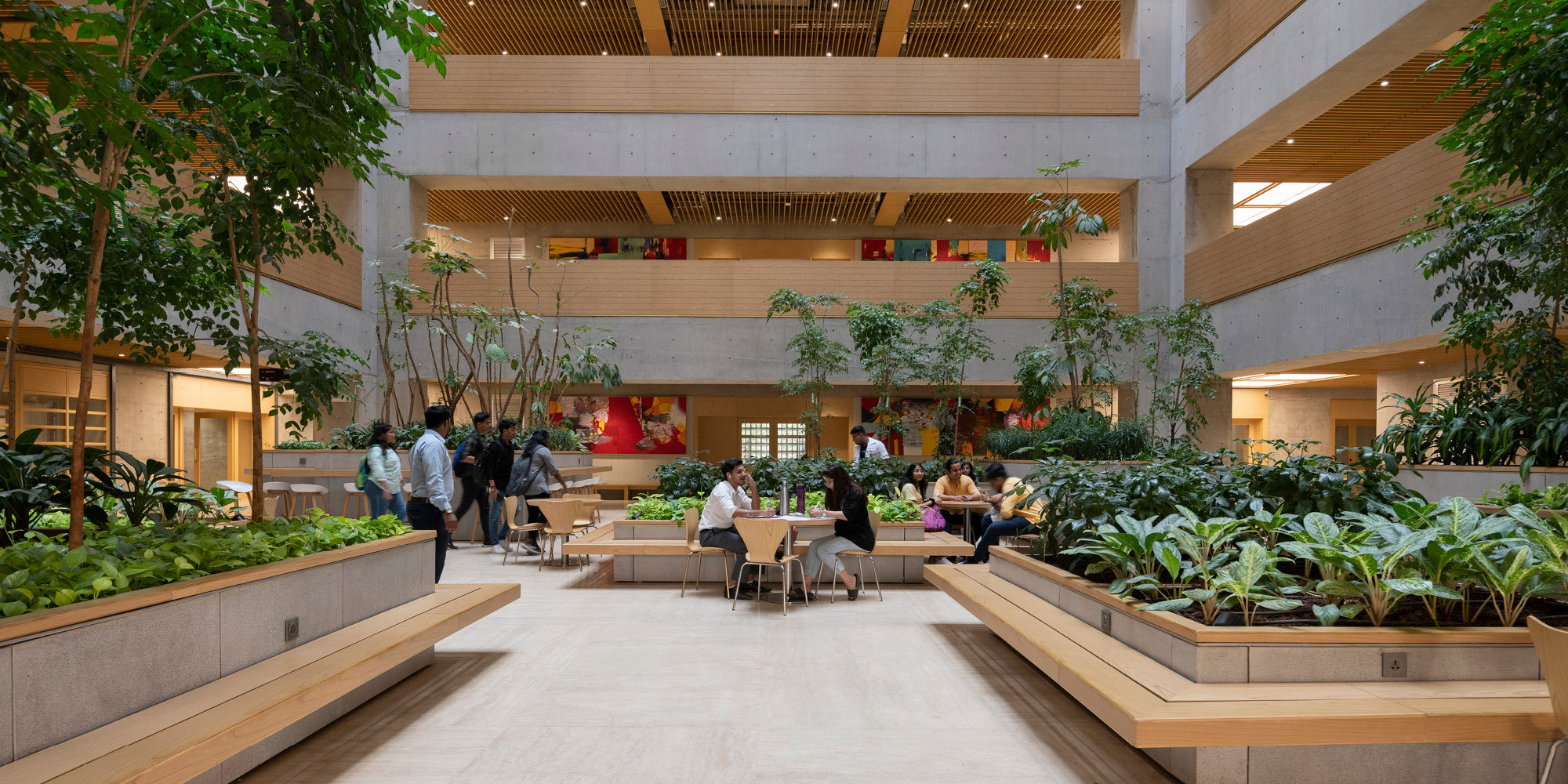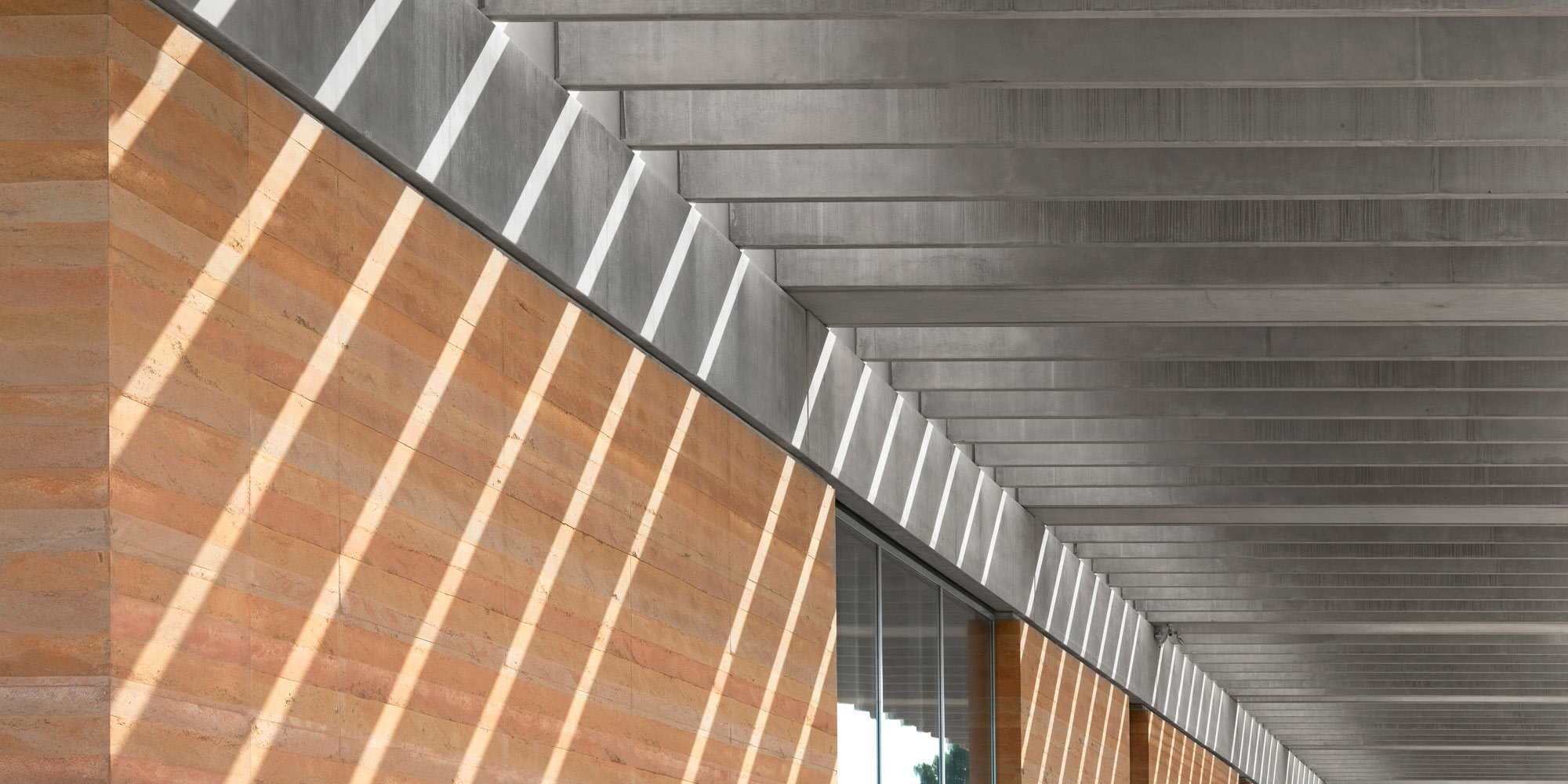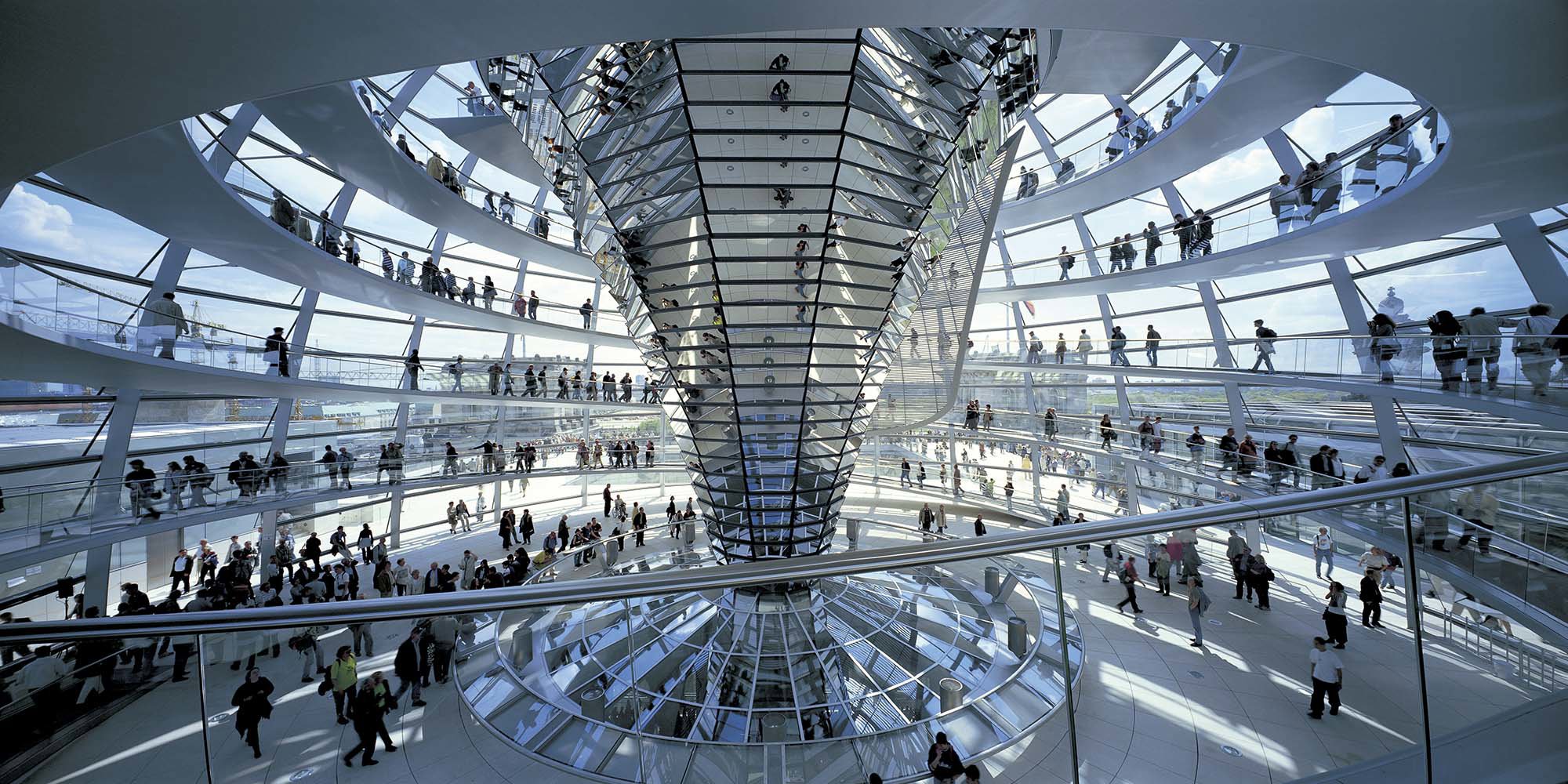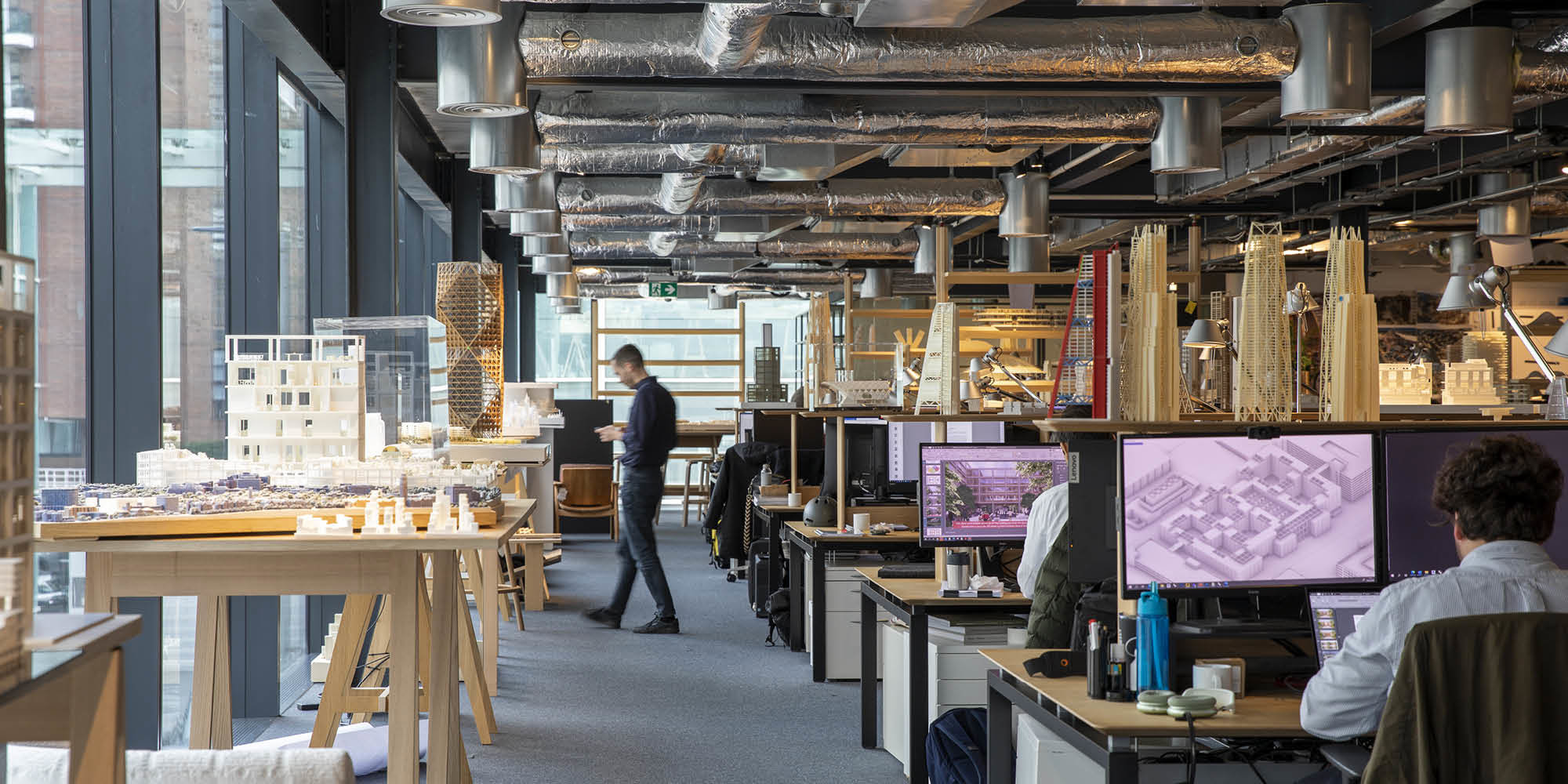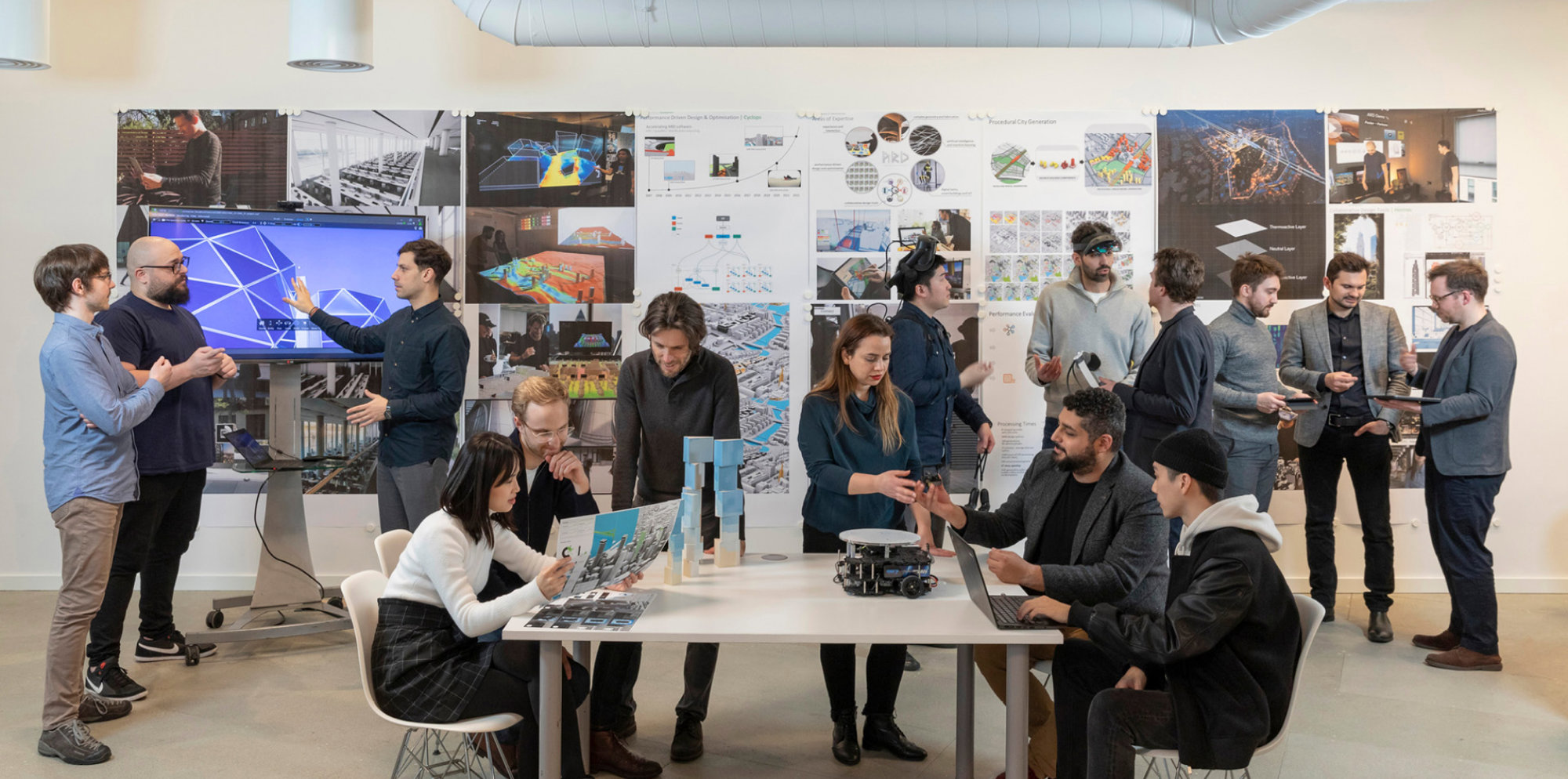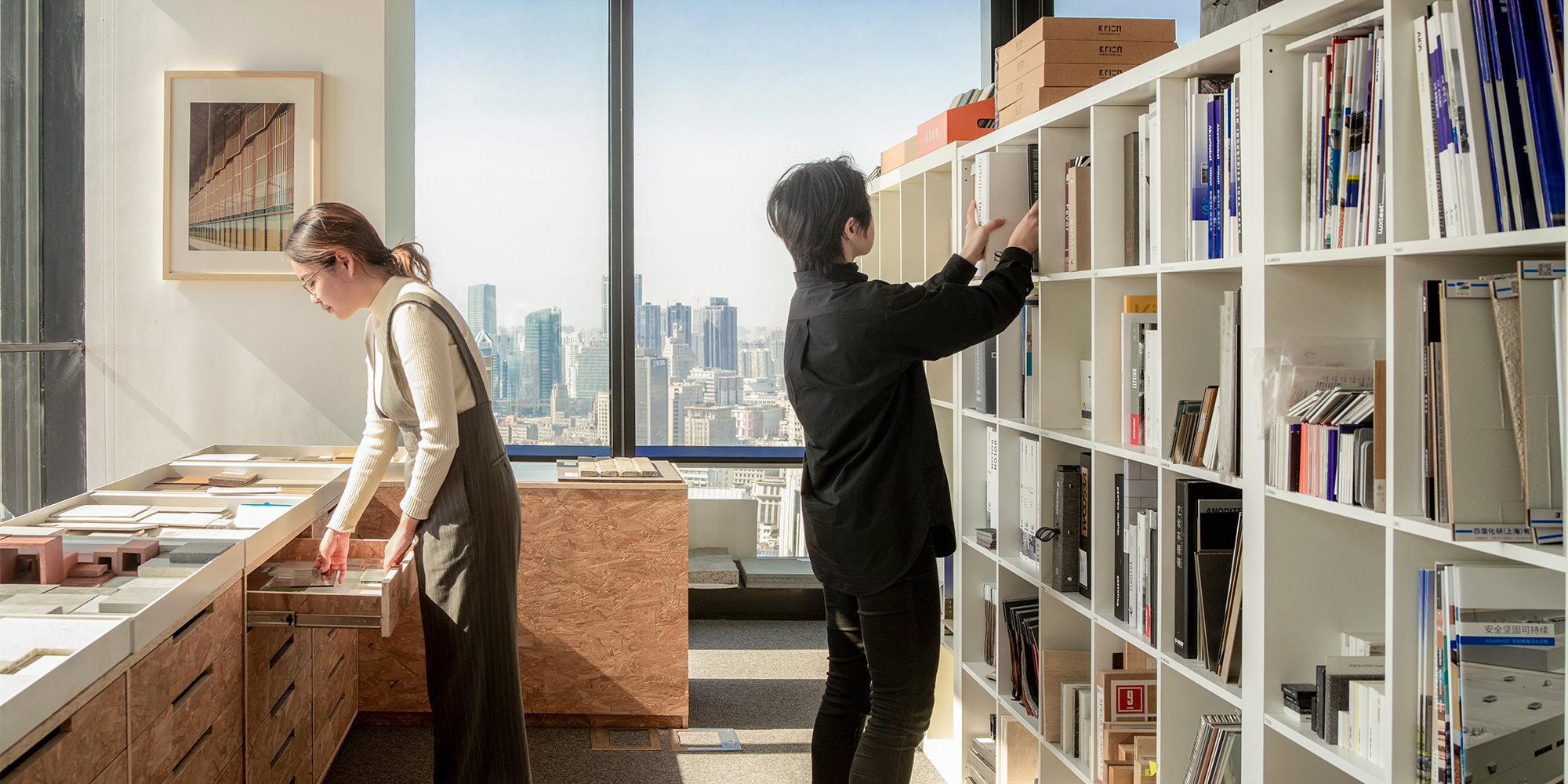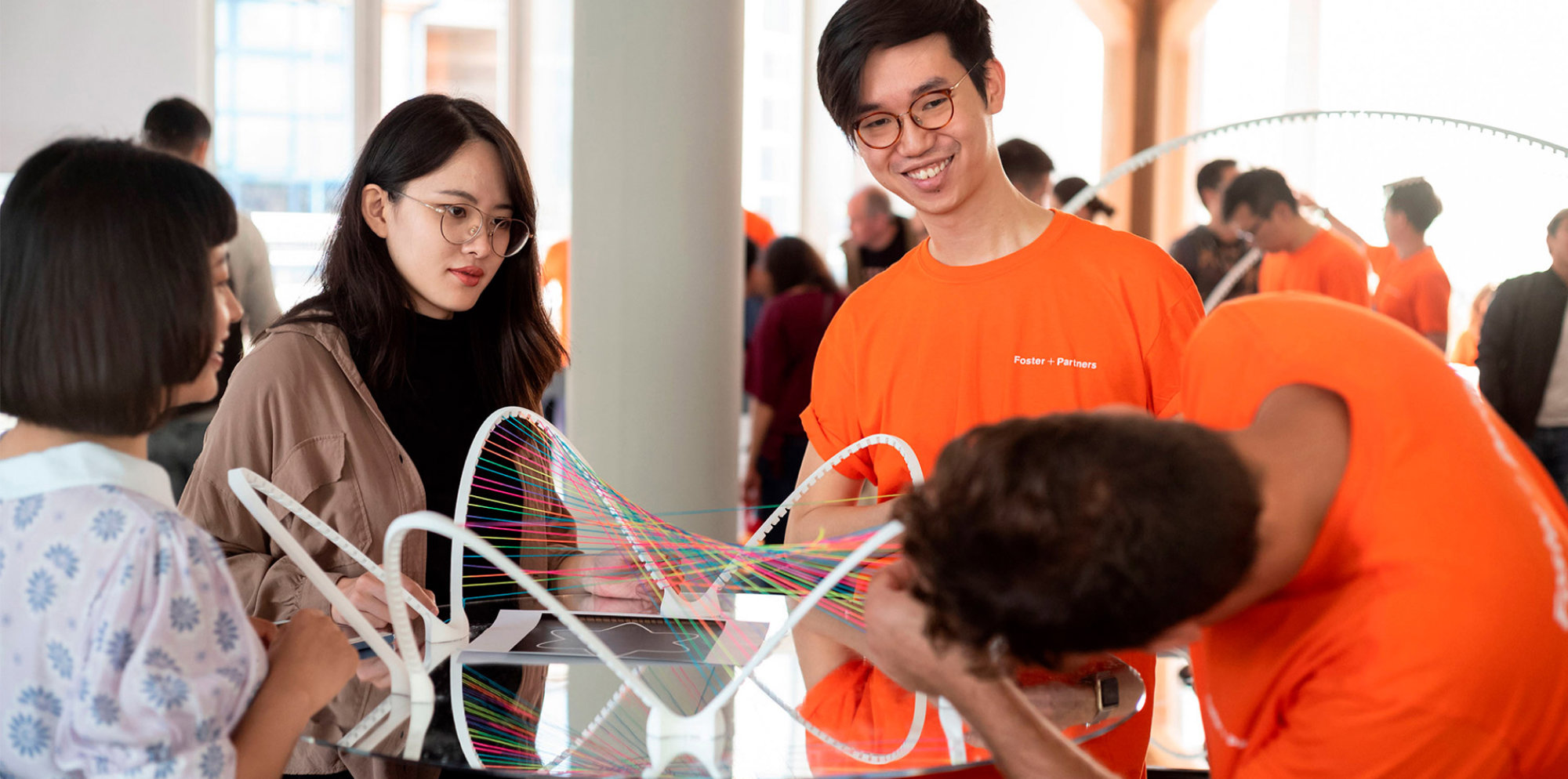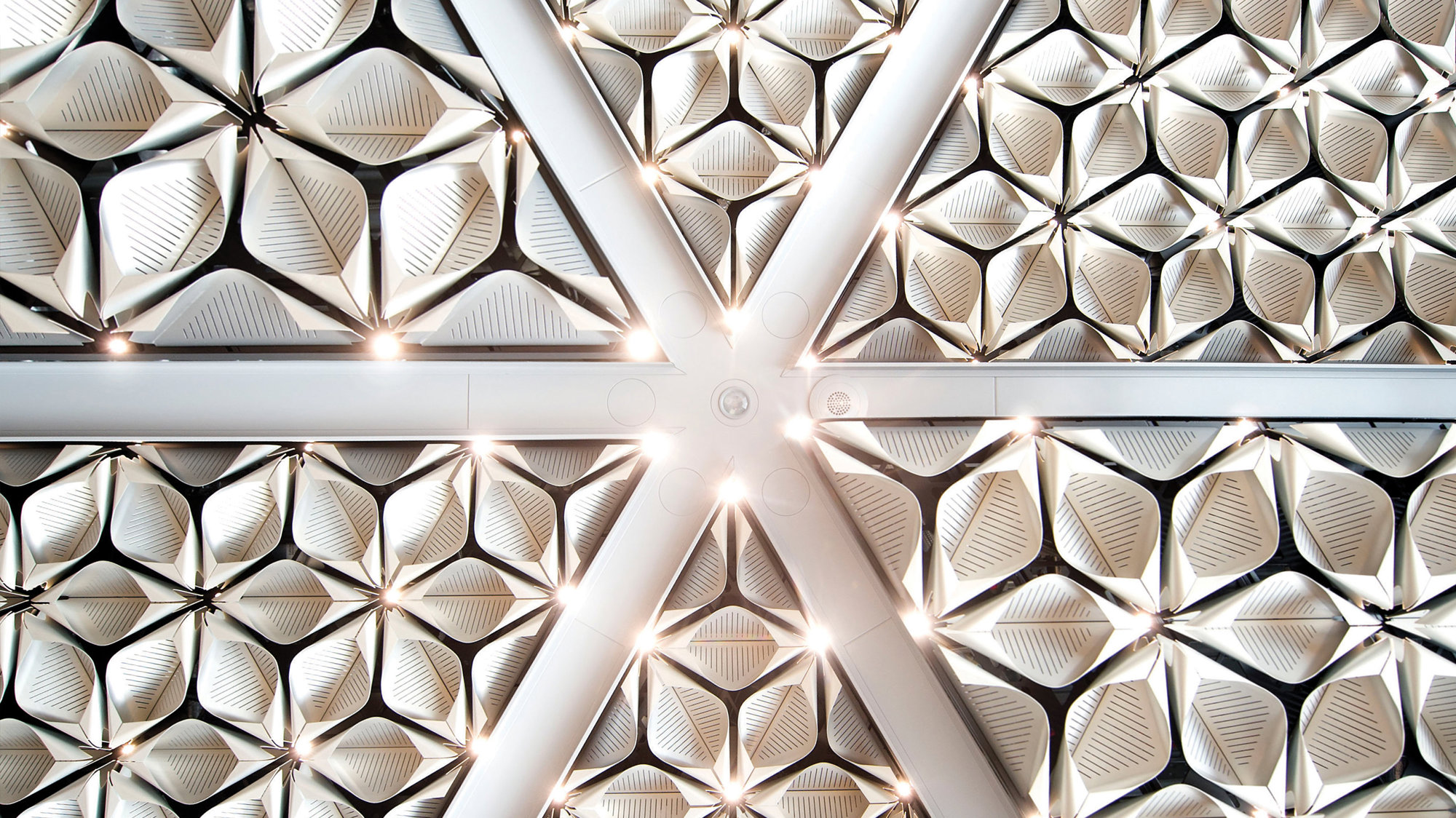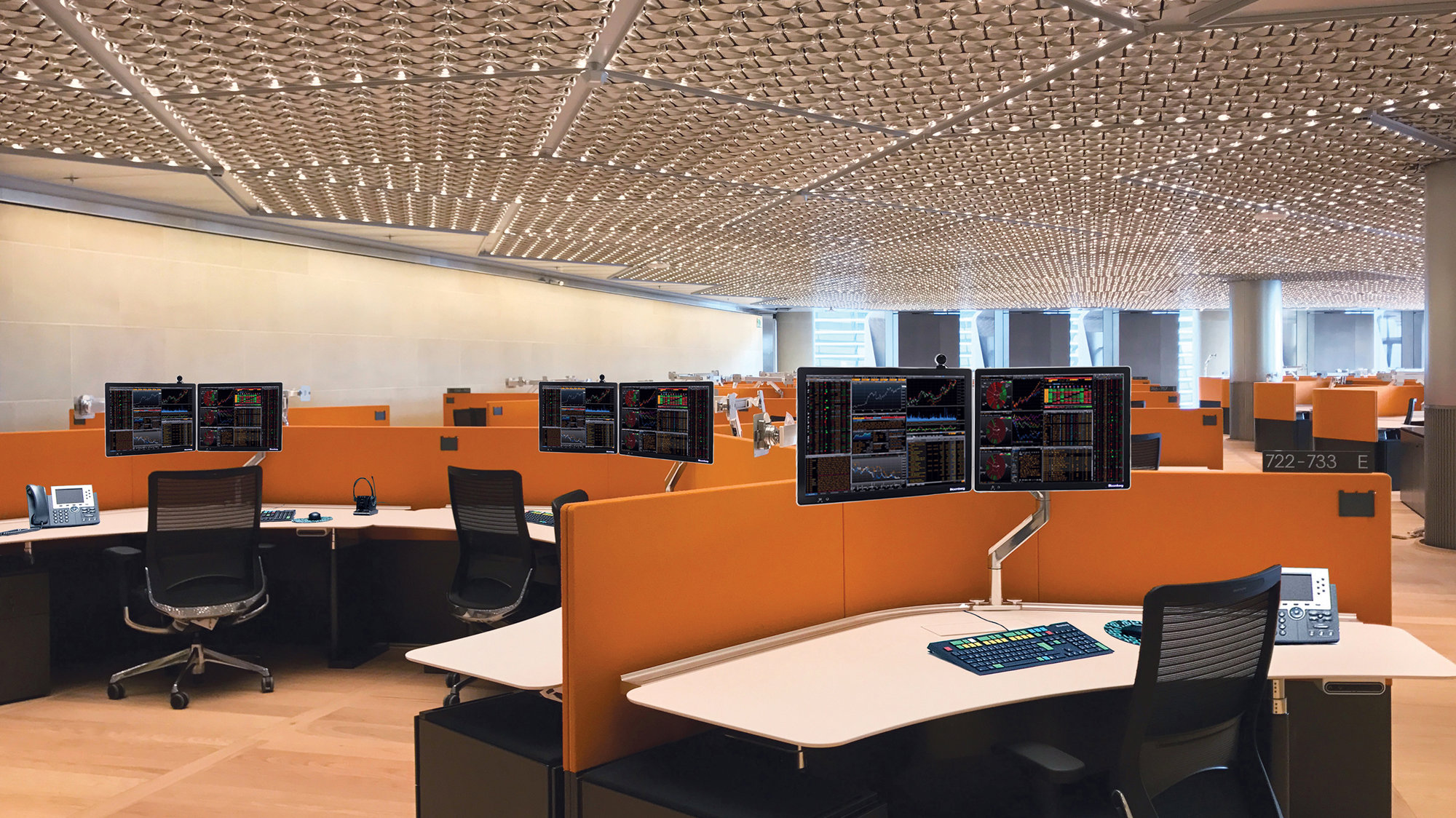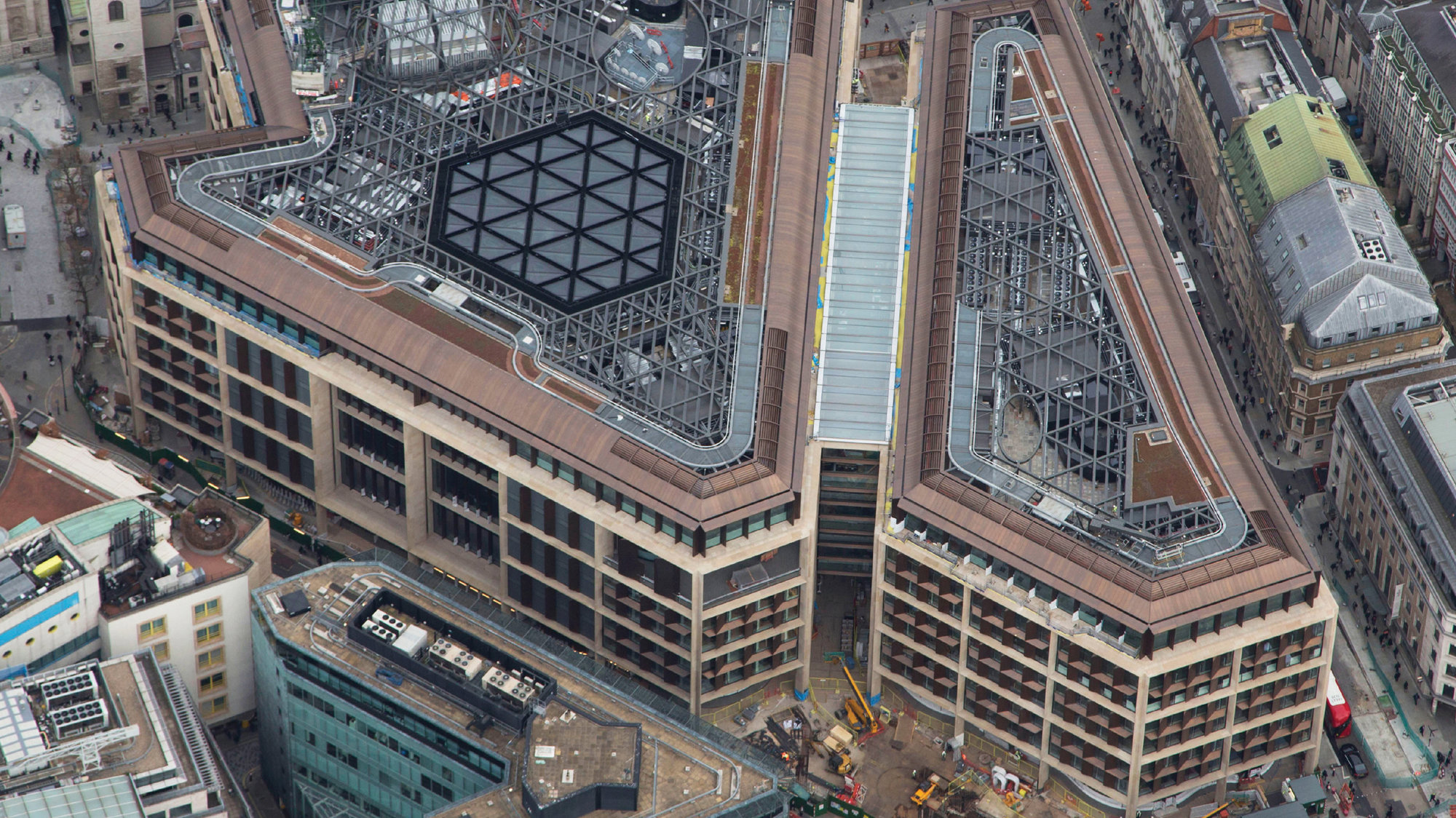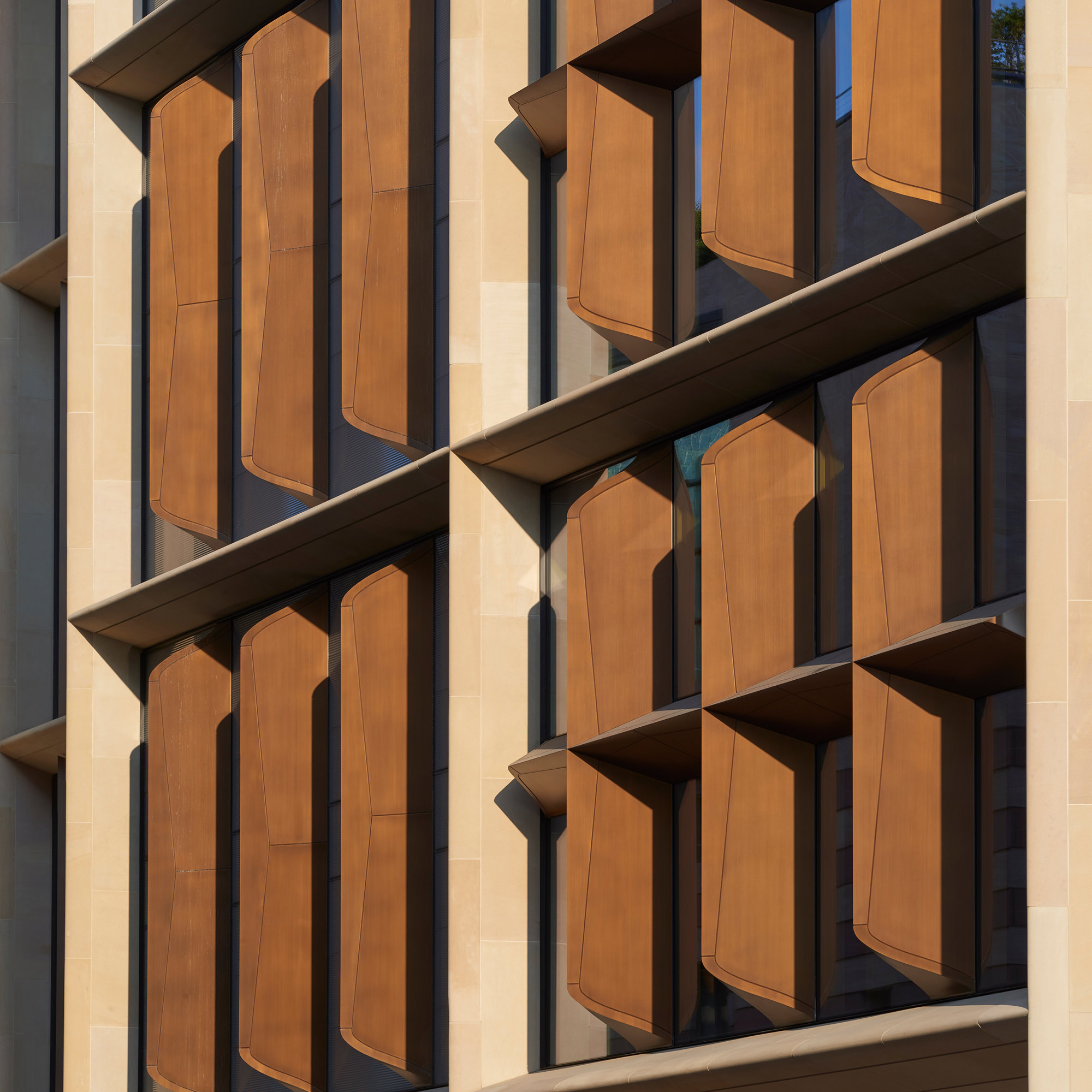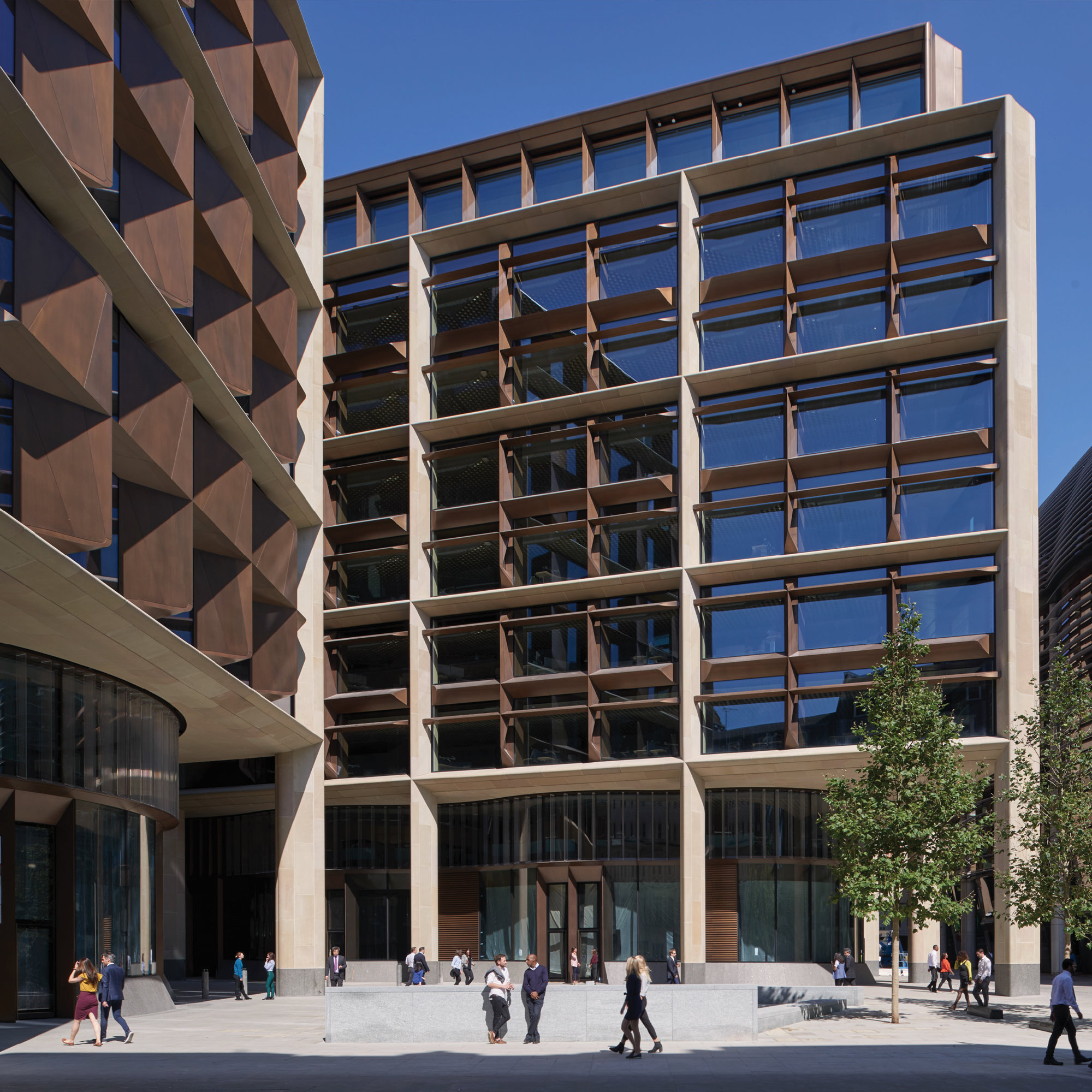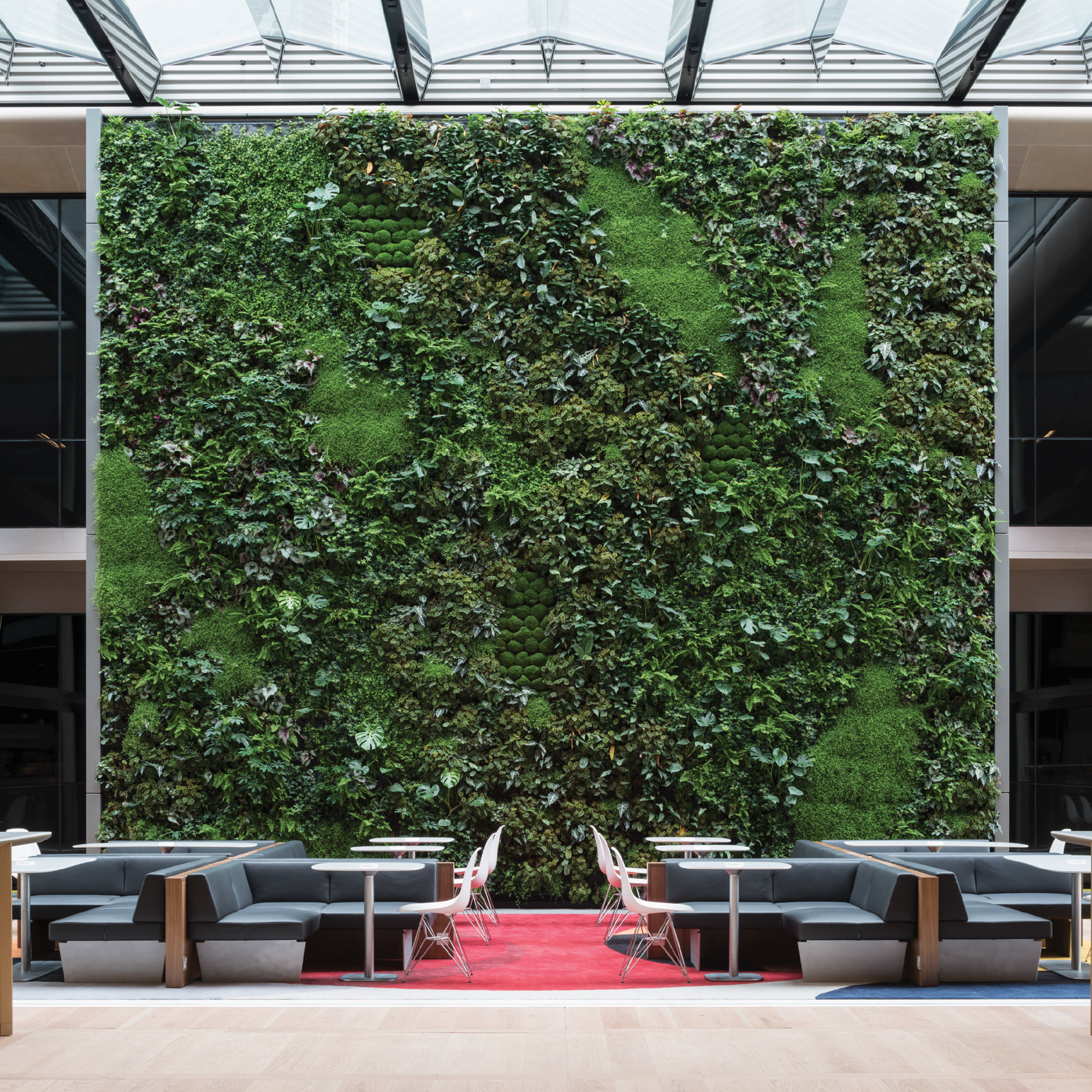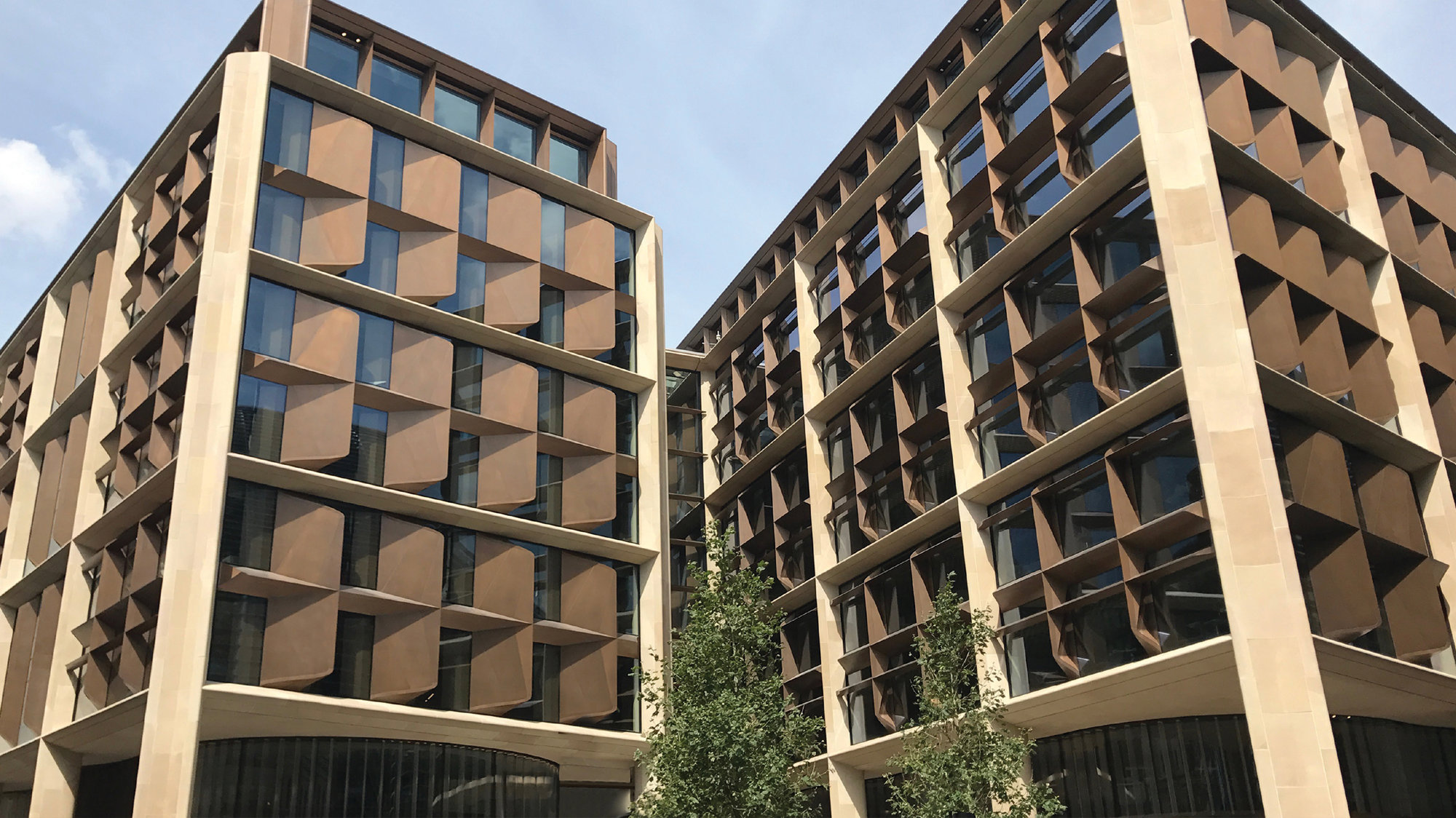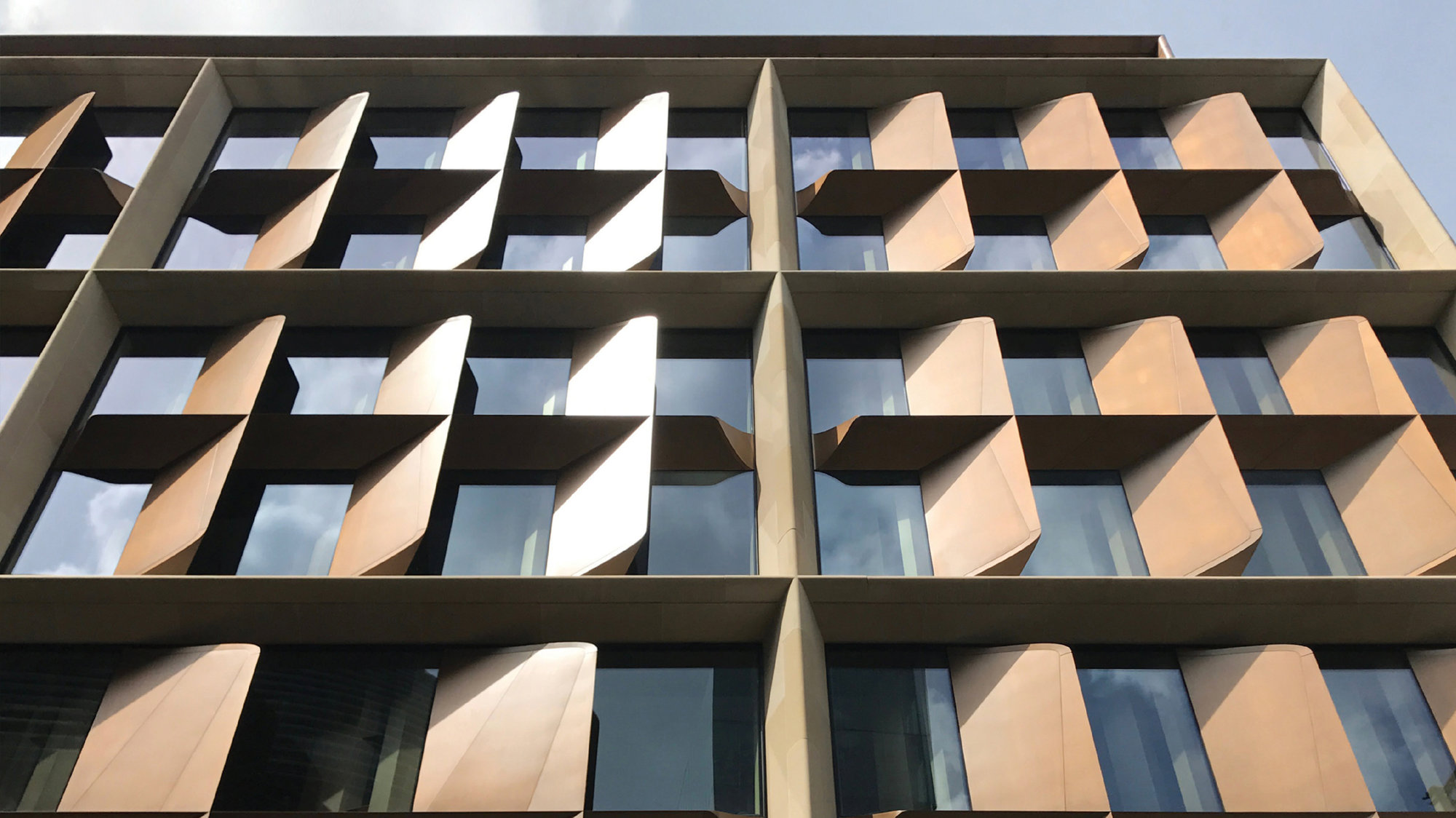Opening later this month in the City of London, Bloomberg’s new European headquarters is the world’s most sustainable office building, as designed. The building achieved an ‘Outstanding’ rating against the BREEAM sustainability assessment method, with a 98.5% score. This is the highest design-stage score ever achieved by any major office development.
Michael R. Bloomberg, founder of Bloomberg L.P. said: "We believe that environmentally-friendly practices are as good for business as they are for the planet. From day one, we set out to push the boundaries of sustainable office design - and to create a place that excites and inspires our employees. The two missions went hand-in-hand, and I hope we've set a new standard for what an office environment can be."
Compared to a typical office building, the new Bloomberg building's environmental strategies deliver a 73% saving in water consumption and a 35% saving in energy consumption and associated CO₂ emissions. Innovative power, lighting, water and ventilation systems account for the majority of energy savings. Designed to utilise waste products, respond to the building’s external environment and adapt to its occupancy patterns, many of these solutions are first-of-a-kind.
Norman Foster, Founder and Executive Chairman, Foster + Partners, said: “In some of our first discussions on the project, Mike Bloomberg and I arrived at a ‘meeting of minds’ on how the design of the new Bloomberg headquarters should incorporate the highest standards of sustainability. The project evolved from thereon into a building that is one of the most sustainable in the world. The deep plan interior spaces are naturally ventilated through a ‘breathing’ façade while a top lit atrium edged with a spiralling ramp at the heart of the building ensures a connected, healthy and creative environment.”
Alan Yates, Technical Director of BRE Global's Sustainability Group said: "What sets the Bloomberg building apart is its relentless focus on innovation and its holistic, integrated approach to sustainable construction and design. Projects like these are really important in giving confidence to the industry to experiment."
